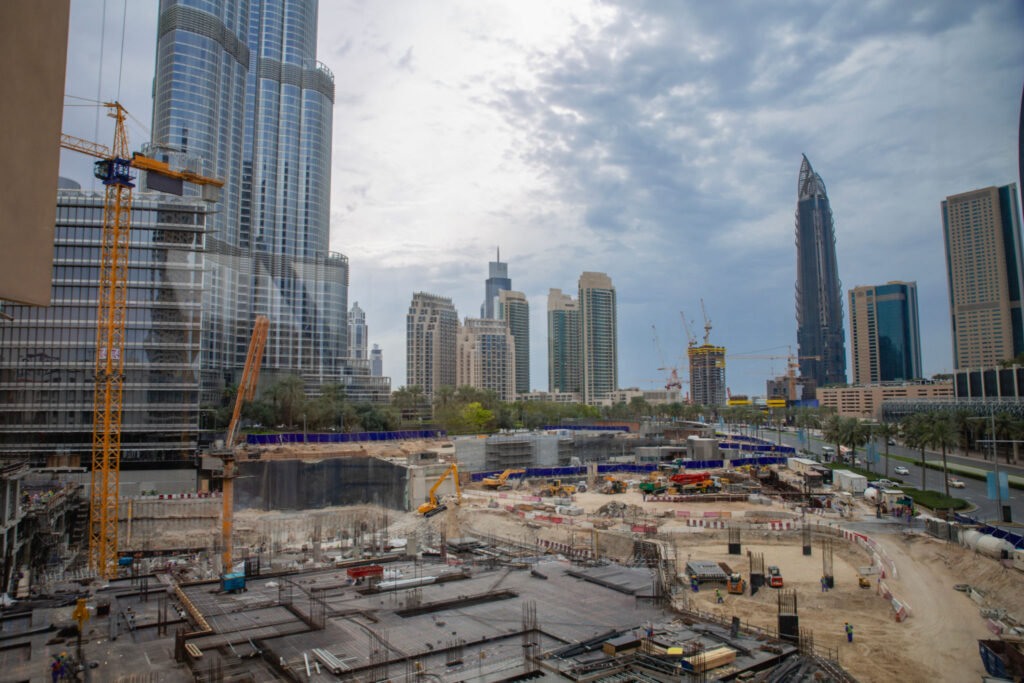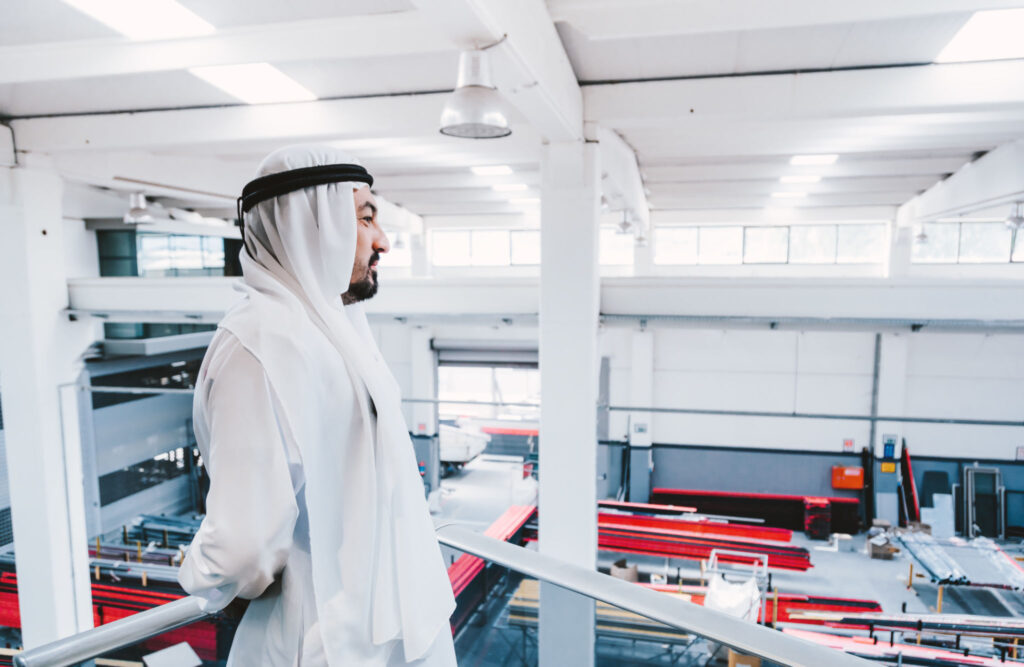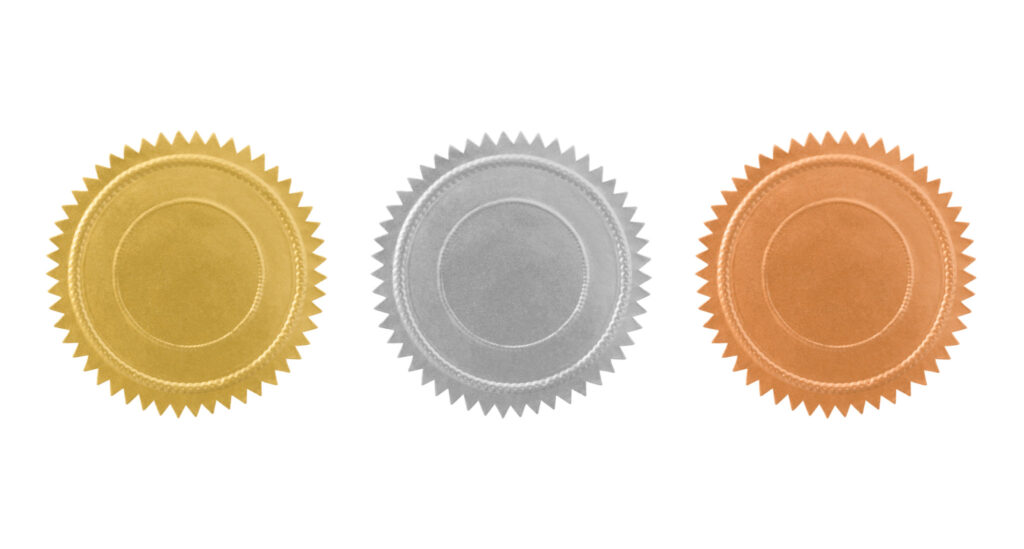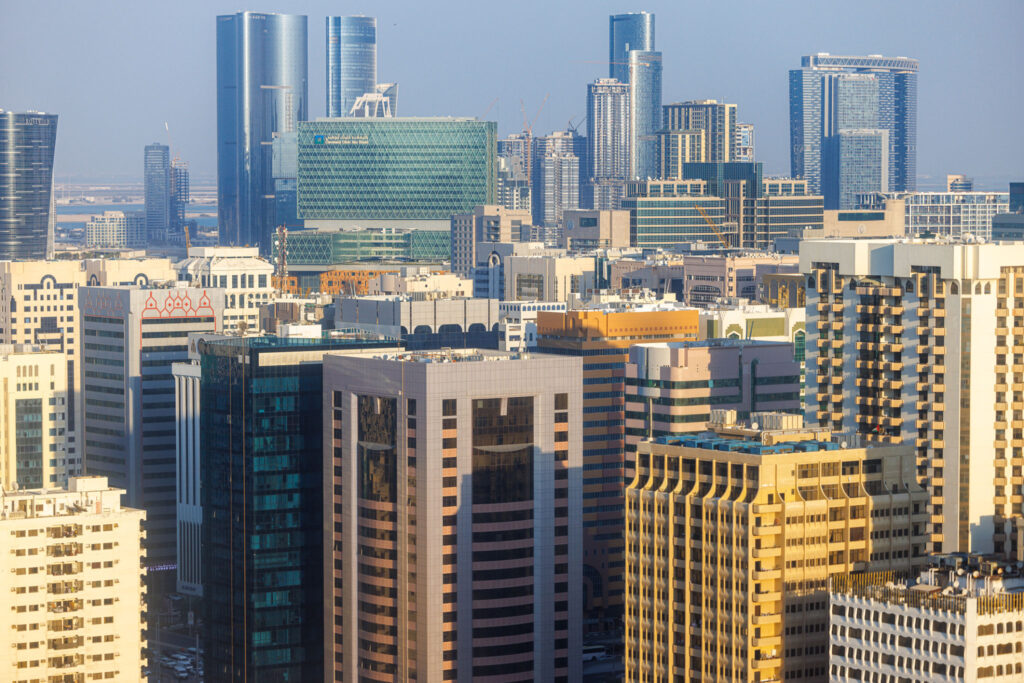
Navigating the Regulations for Building Materials in the UAE
Understanding the Regulatory Framework
In the United Arab Emirates (UAE), the construction industry is a cornerstone of economic development, driven by rapid urbanization and ambitious architectural projects. However, navigating the regulations for building materials can be complex due to stringent standards aimed at ensuring safety and sustainability. Understanding these regulations is crucial for anyone involved in construction and supply chains.
The UAE's building material regulations are primarily overseen by local municipalities, with the Dubai Municipality and Abu Dhabi Municipality being the most prominent. These authorities enforce compliance with both local and international standards. Additionally, the Emirates Authority for Standardization and Metrology (ESMA) plays a key role in setting guidelines for material quality and safety.

Key Regulations and Standards
The UAE adheres to a mix of international standards such as ISO, ASTM, and BS, alongside its own set of guidelines. For example, concrete, a fundamental building material, must meet specific compositional and structural criteria. The UAE Fire and Life Safety Code also dictates stringent requirements for fire-resistant materials to ensure safety in high-rise structures.
Moreover, thermal insulation materials are subject to regulations that promote energy efficiency, aligning with the UAE's sustainability goals. These regulations aim to mitigate energy consumption in buildings, an important factor considering the country's climatic conditions.

Certification and Compliance
For materials to be used legally in UAE construction projects, they often require certification from recognized bodies. This process involves rigorous testing to ensure compliance with established standards. Manufacturers and suppliers must provide documentation proving that their products meet these requirements.
Compliance is not just about adhering to safety standards; it also involves environmental considerations. The UAE is committed to green building practices, encouraging the use of eco-friendly materials. This commitment is reflected in the widespread adoption of LEED and Estidama certifications, which promote sustainable construction practices.

Challenges in Navigating Regulations
Despite clear guidelines, professionals in the construction industry often face challenges in keeping up with regulatory changes. This is particularly true for international companies entering the UAE market. Staying informed through continuous education and consultation with regulatory experts can help mitigate such challenges.
Additionally, language barriers may pose difficulties for foreign stakeholders unfamiliar with Arabic documentation. Engaging local experts or consultants can facilitate smoother navigation through regulatory processes.
Strategies for Compliance
To effectively navigate building material regulations in the UAE, companies should adopt proactive strategies. This includes establishing strong relationships with regulatory bodies and investing in training programs for staff to enhance their understanding of compliance requirements.
Moreover, leveraging technology such as digital tracking systems can help manage documentation and ensure that all materials meet required standards before reaching the construction site. Regular audits and assessments can further ensure ongoing compliance.

Conclusion
Navigating the regulations for building materials in the UAE requires a detailed understanding of local and international standards, proactive compliance strategies, and effective communication with regulatory bodies. By focusing on these aspects, companies can contribute to the development of safe, sustainable, and innovative structures that define the UAE's skyline.
More questions?? check our FAQs